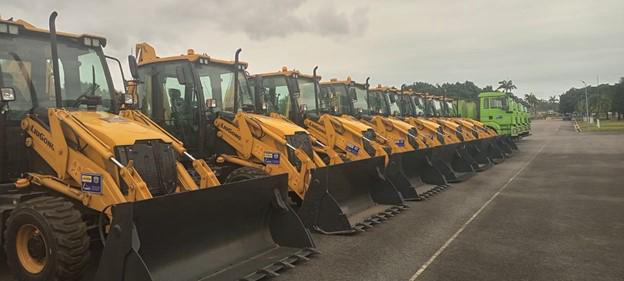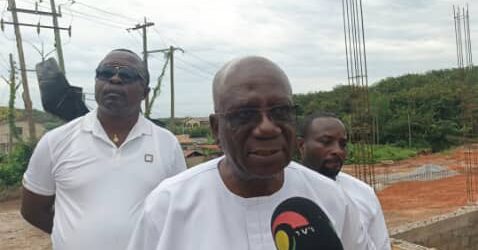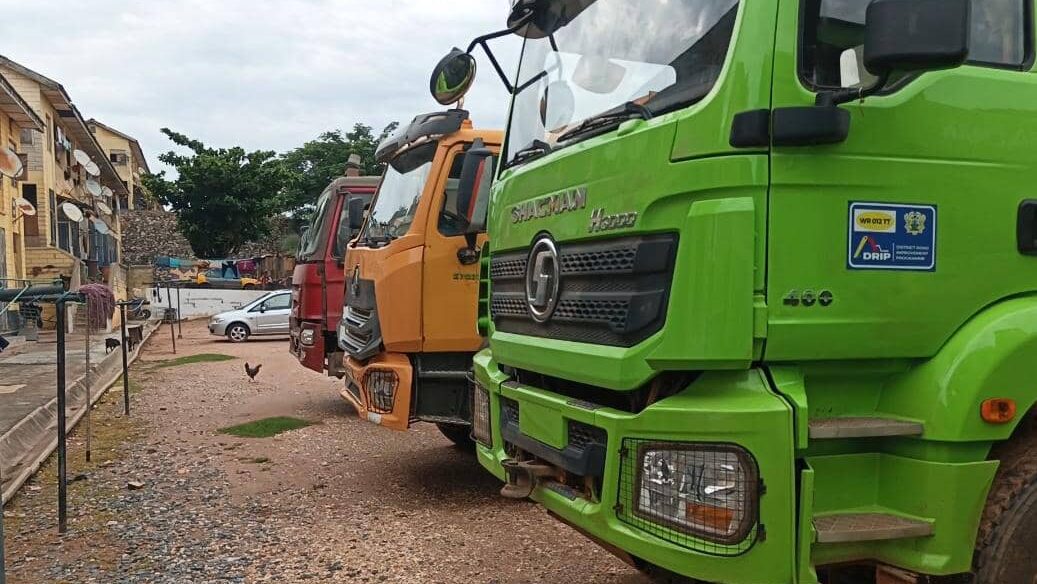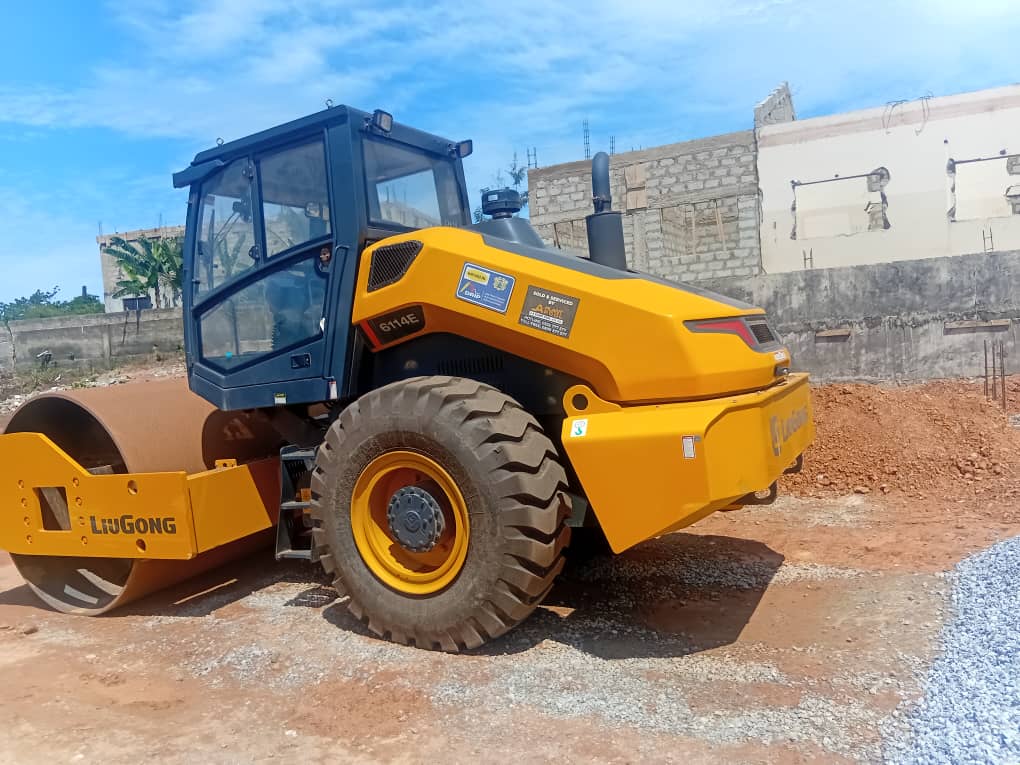The Deputy National Coordinator of the Department of Rural Infrastructure Programme, Kwadwo Nyanpon Aboagye, has issued a strong caution to the public, urging citizens to desist from pressuring Metropolitan, Municipal, and District Assemblies to release DRIP machinery for private construction works.
According to him, the DRIP equipment is strictly designated for the improvement of rural roads and not for personal or commercial projects.
“I want to tell everybody that the DRIP equipment are to be used for the improvement of rural roads, DRIP is not a hiring company to be hiring out for people to use for their personal projects No!!……we beg of all citizens of Ghana not to be rushing to DRIP office be hiring DRIP equipment for their personal work” he cautioned.
He further admonished MMDCE and Coordinating Directors to refrain from using the DRIP machinery instead access the functionality of the equipment and provide training to the operators of the machines.
“Currently two machines have got damaged in Accra and Oti and it is costing us billions of dollars to service them…we need competent operators to use these machines” he said
Mr Aboagye made the call during a visit to the Sekondi Takoradi Metropolis to obtain a first hand information on the arrest of three individuals who are allegedly using the machinery for private work.
The suspects, one operator and two drivers were reportedly caught undertaking private construction activities on the premises of the Church of Jesus Christ of Latter-Day Saints, located along the Sofokrom road.
Their actions have raised concerns about the misuse of government equipment meant for public infrastructure development.
The trucks have been lodge at the Sekondi Divisional Police station as investigation is currently ongoing.
Western Regional DRIP Cordinator George Bamfo, who caused the arrest of the three persons in condemning the act described the act has ” wrong and illegal” and pledge to prosecute the culprit to set example to others like minded.
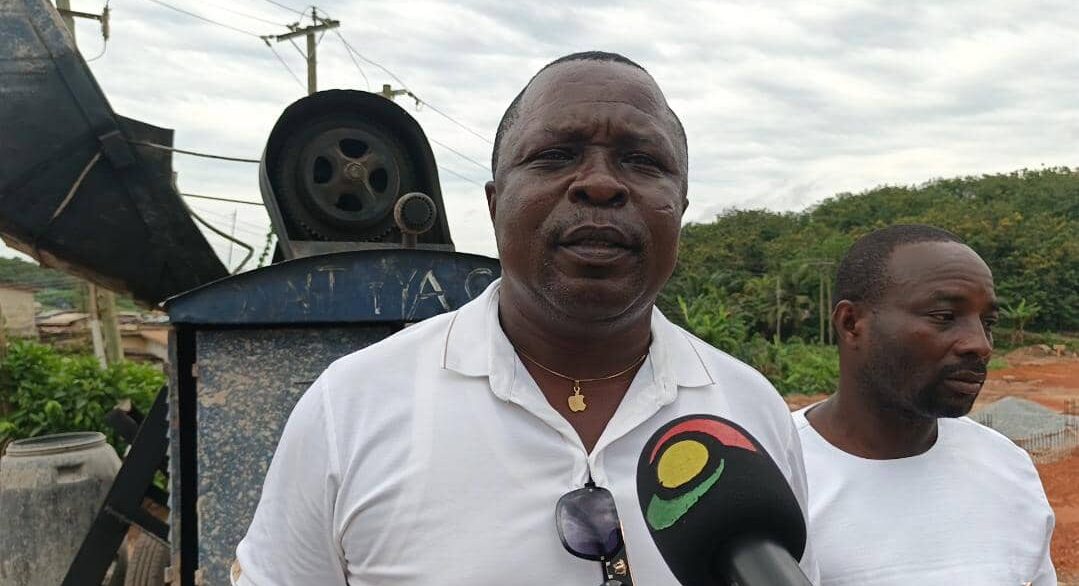
“We are not going to take this matter lightly. We will push for prosecution, and if found guilty, a valuer will be brought in to assess the work done after which the cost will be recovered and returned to the state coffers,” he warned.



